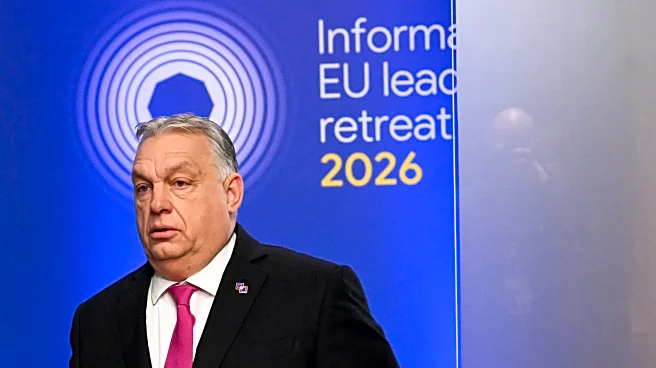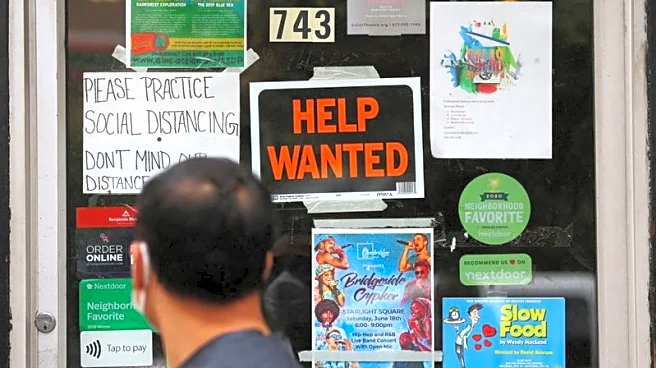What's Happening?
The digital media landscape is undergoing a significant transformation as creators increasingly move towards open platforms like Open.Video. This shift is driven by creators' desire for more control over their brand, audience interaction, and revenue generation. Traditional platforms have been criticized for their inflexibility and restrictive nature, often dictating visibility through algorithms and siphoning off earnings through unfavorable revenue models. The rise of large language models (LLMs) has further accelerated this trend, reshaping how content is surfaced and summarized, thereby increasing the urgency for creators to own their platforms.
Why It's Important?
This movement towards open platforms is crucial as it represents a broader shift in the digital media industry. Creators are seeking autonomy and competitive advantage against larger platforms, which could lead to a more decentralized media future. This change could impact how content is consumed and monetized, potentially disrupting established business models of major tech companies. As creators gain more control, they can better meet the needs of their audiences, which may lead to more personalized and engaging content. This shift could also influence public policy regarding digital rights and platform regulations.
What's Next?
As creators continue to adopt open platforms, traditional platforms may need to adapt by offering more flexible and creator-friendly policies to retain their user base. This could lead to increased competition among platforms, driving innovation and potentially leading to new business models. Stakeholders such as tech companies, advertisers, and policymakers will likely monitor these developments closely, as they could have significant implications for the digital economy and content distribution.
Beyond the Headlines
The shift towards open platforms raises ethical and legal questions about digital ownership and the rights of creators. It challenges the existing power dynamics between creators and platforms, potentially leading to long-term changes in how digital content is governed. This movement could also influence cultural narratives around creativity and entrepreneurship, encouraging more individuals to pursue independent content creation.












